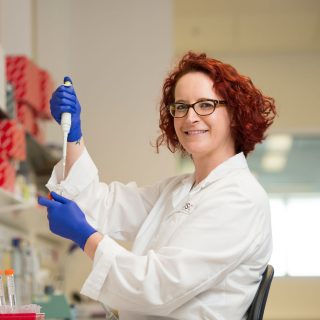Treatment type: Cell therapies
-
Uncovering hidden challenges in treating pelvic organ prolapse
Hudson Institute scientists have demonstrated a two-step stem cell-based bioengineering approach in a pre-clinical model for the treatment of pelvic organ prolapse (POP).… Read more
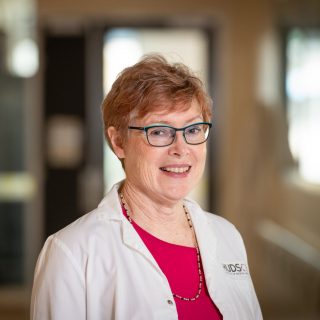
-
Rising star researcher receives esteemed Victoria Fellowship Award
Early career Hudson Institute researcher, Dr Gina Kusuma has been awarded the prestigious Victoria Fellowship 2019. Coordinated by veski, this award is funded by the State Government of Victoria and recognises quality research from promising young scientists.… Read more
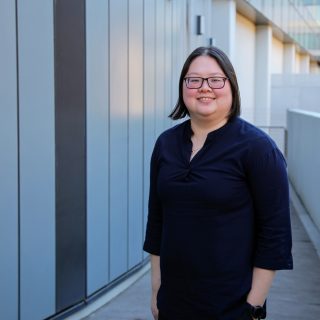
-
World-first treatment approach for pelvic organ prolapse
Hudson Institute researchers have pioneered 3D bioprinted degradable meshes with stem cells for the treatment of pelvic organ prolapse (POP), in the hope of providing a safe, effective solution for millions of women worldwide.… Read more
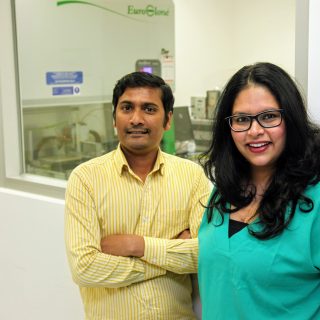
-
Training to meet demand in the growing cell therapy industry
There is a major gap in the rapidly growing cell therapy industry: qualified staff who can undertake the cell manufacturing needed as part of the therapy. … Read more
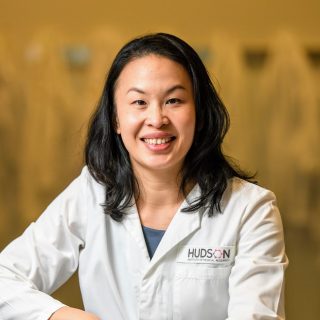
-
Hudson Institute welcomes Young Women in Science
Hudson Institute has created a new program for young women designed to encourage them to consider a career in medical research.
The inaugural Hudson Institute of Young Women in Science program was funded as part of a concerted effort by the federal government to increase the number of women in science.… Read more
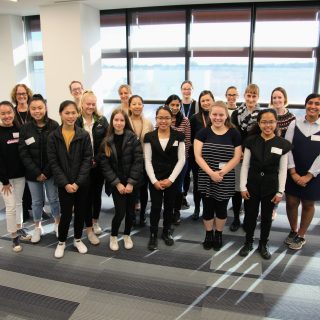
-
Promising cerebral palsy treatment
Every 15 hours, a baby is born with cerebral palsy – a condition that comes with life-long disability and has no cure.… Read more
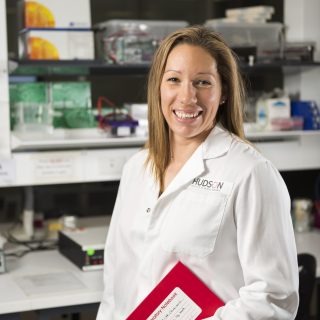
-
World-first stem cell therapy for acute stroke examined in new trial
A world‐first safety trial is underway examining amniotic stem cells as therapy for acute stroke. The study is a partnership between Hudson Institute of Medical Research, Monash Health and La Trobe University.… Read more
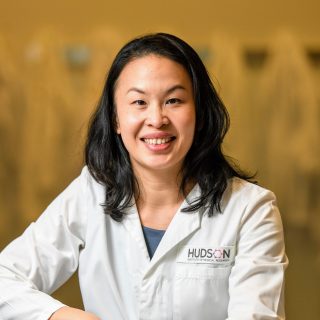
-
Natural mesh provides hope for pelvic organ prolapse
A safer and more effective treatment for women with pelvic organ prolapse (POP) may be on the horizon, thanks to a new technique that uses a woman’s own stem cells to boost the effectiveness of a degradable mesh. A study published in Biomacromolecules, led by Dr Shayanti Mukherjee, shows how a degradable mesh, made from… Read more
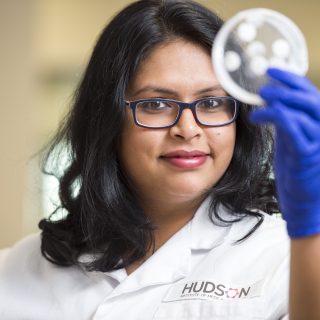
-
Research fellowship progressing colorectal cancer research
Hudson Institute’s Cancer Genetics and Functional Genomics Postdoctoral Scientist, Dr Marius Dannappel, has been awarded a highly sought after Research Fellowship from the DFG (German Research Foundation) that will progress his research aimed at developing treatments for colorectal cancer. The two year early career fellowship will enable Dr Dannappel to continue his research into the… Read more
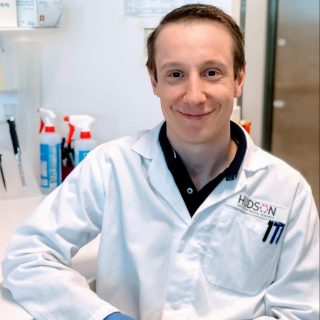
-
Womb to wounds: menstrual fluid could repair damaged skin
Scientists are demonstrating how the womb’s unique ability to rapidly rebuild itself could be harnessed to heal difficult-to-repair chronic wounds affecting 400,000 Australians.… Read more
